September 12, 2024
Renovating your home is an exciting venture that can significantly boost your home's value and improve your quality of life. But before you dive in, it's crucial to understand the costs involved and create a solid budget to keep your project on track.
Factors That Influence Renovation Costs
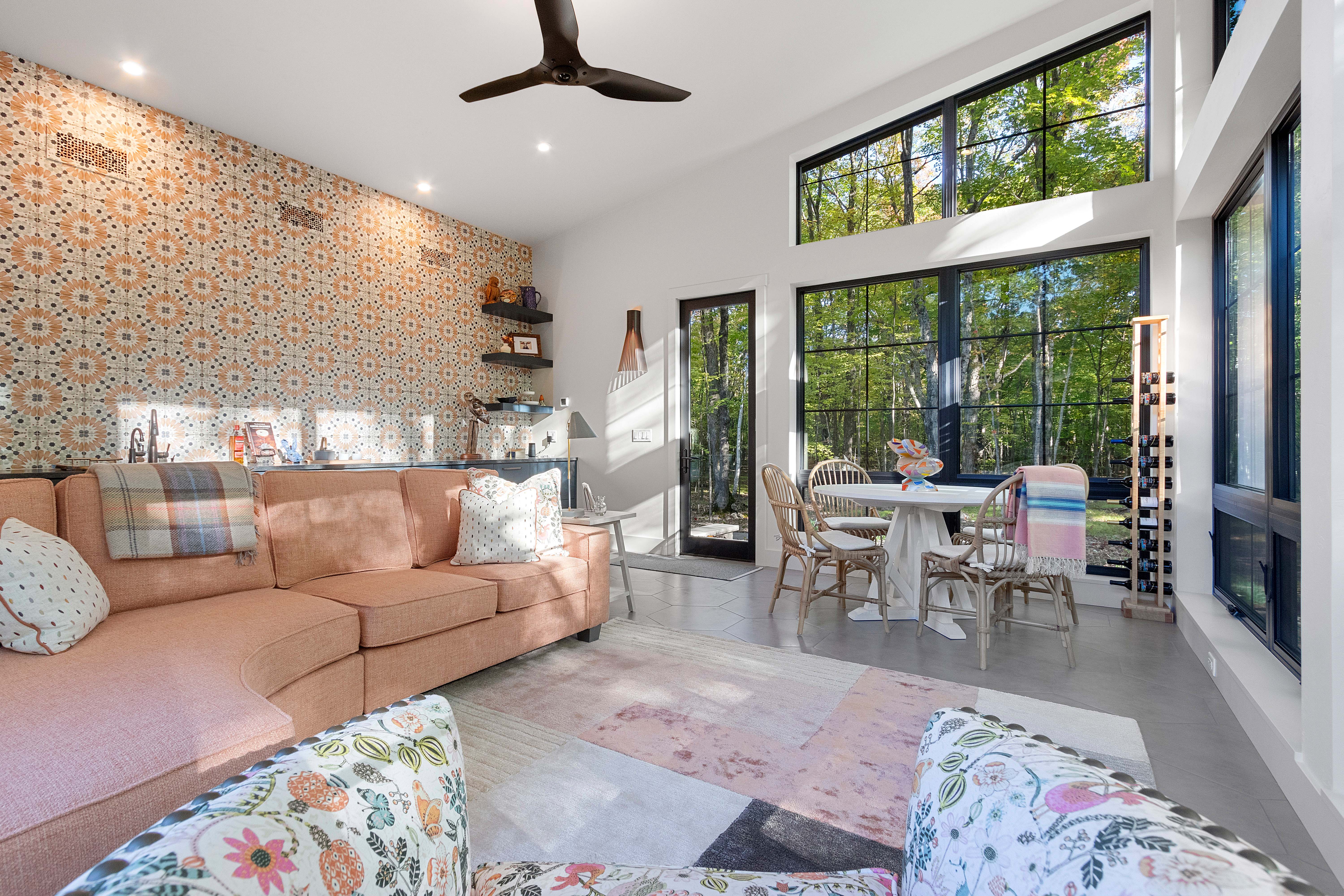
Several factors will impact how much your home renovation will cost.
Scope of Work
The more extensive the renovation, the higher the cost. A simple cosmetic update will cost significantly less than a full-scale remodel that involves structural changes or system upgrades like plumbing and electrical.
Location
Your geographical location affects labor and material costs. For instance, renovating in a large city will likely cost more than in a rural area due to higher demand for contractors and increased prices on materials.
Quality of Materials
High-end finishes and custom fixtures will drive up costs. While splurging on certain elements may be worth it, you should be prepared for how much premium materials can inflate your budget.
Labor Costs
Depending on the complexity of the project and the experience of the contractors, labor costs can vary widely. Don’t forget to factor in the price of skilled professionals like electricians, plumbers, and carpenters.
Permits & Regulations
If your renovation requires permits, this will add to your expenses. Costs for permits vary depending on your location and the type of work being done.
Common Expenses in Home Renovation
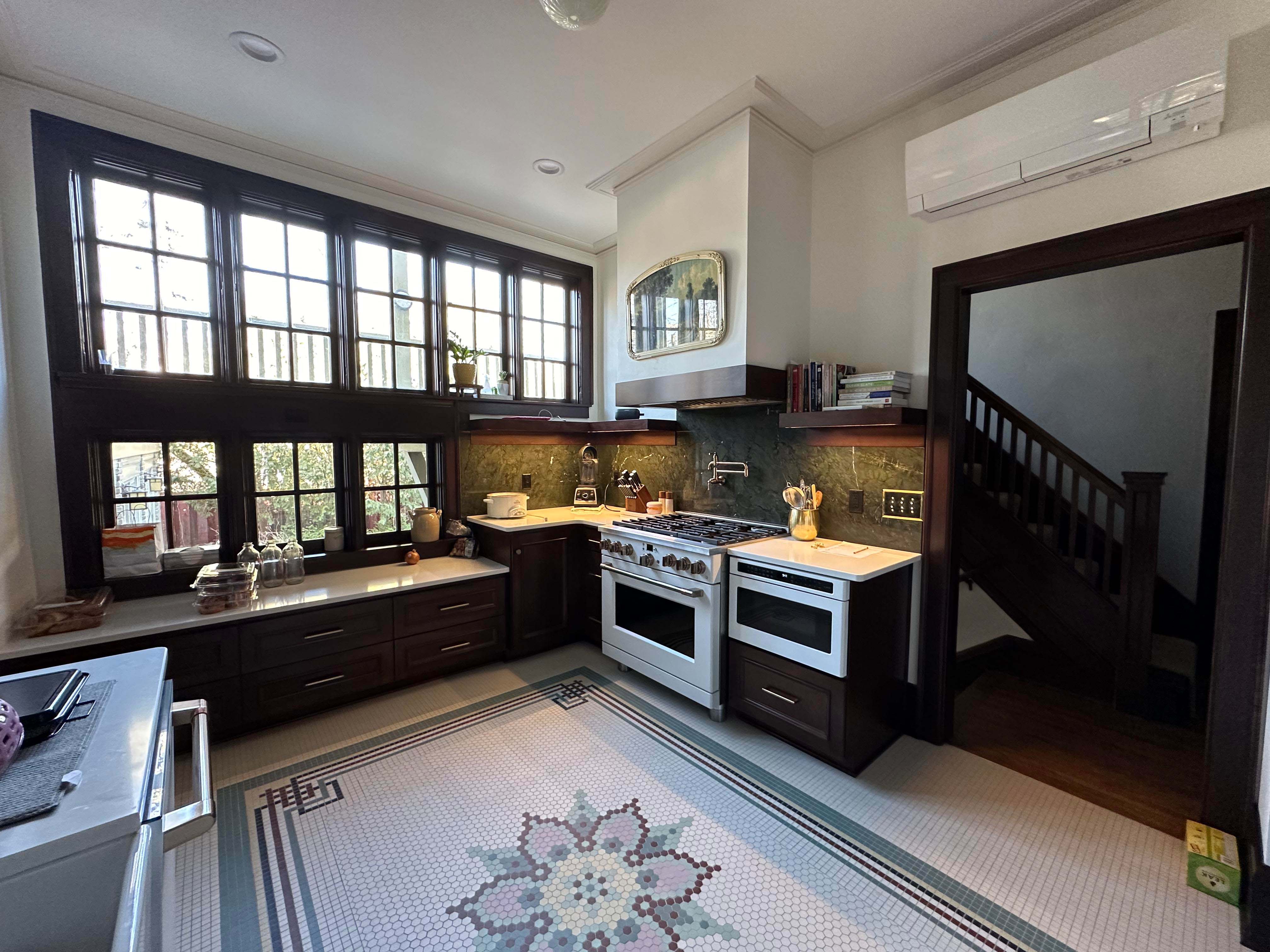
Demolition
Removing old structures or features, such as tearing down walls or pulling up flooring, is the first step and comes with labor and waste disposal fees.
Materials
This includes everything from flooring, tiles, and paint to cabinetry, countertops, and fixtures. The quality and type of materials you choose will significantly impact your overall costs.
Labor
Hiring contractors, plumbers, electricians, and other professionals can be one of the largest expenses in your renovation.
Finishes
The final touches, such as hardware, lighting, and paint, often add up quickly. These smaller details are easy to overlook but can eat into your budget if you aren’t careful.
Appliances and Furniture
If your renovation includes new appliances or furniture, these will need to be factored into your total cost.
Hidden Costs to Watch Out For
It’s easy to overlook certain costs when budgeting for a renovation. Once the walls come down, you may find issues like mold, water damage, or outdated wiring that need to be addressed before proceeding with the renovation. In older homes, it’s common to discover that the electrical or plumbing systems aren’t up to code, which can result in additional, unexpected expenses.
If the renovation renders your home uninhabitable for a period of time, you’ll need to account for temporary housing, whether it’s staying with family, renting a place, or a hotel stay. After construction, you may need to pay for a professional clean-up crew to make your home livable again.
Creating a Home Renovation Budget
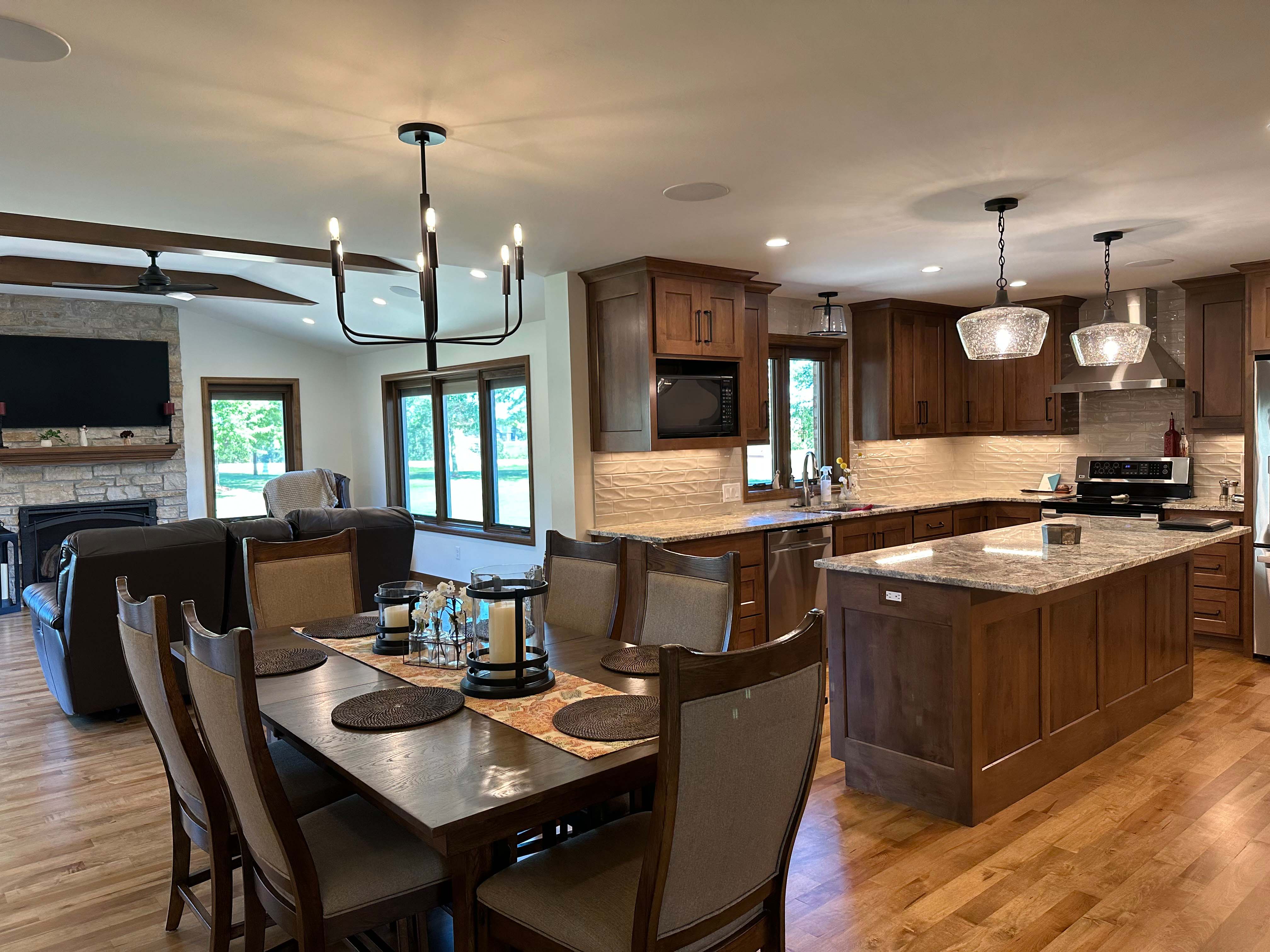
Setting Your Renovation Goals
Before you start budgeting, clarify your renovation goals. What are the must-haves, and what are the nice-to-haves? Having a clear vision of what you want to achieve will help guide your budget and prevent unnecessary expenses.
Estimating Total Costs
Research average costs for the type of renovation you’re planning and gather estimates from contractors and suppliers. Use this information to estimate the total cost of your project, making sure to include a buffer for unexpected expenses (typically around 10-20% of your total budget).
Allocating Funds for Each Phase of the Project
Break down your budget into phases: planning and design, demolition, construction, and finishing touches. Allocating funds to each stage of the project will help ensure you’re financially prepared at every step.
Essential Renovation Budget Tips
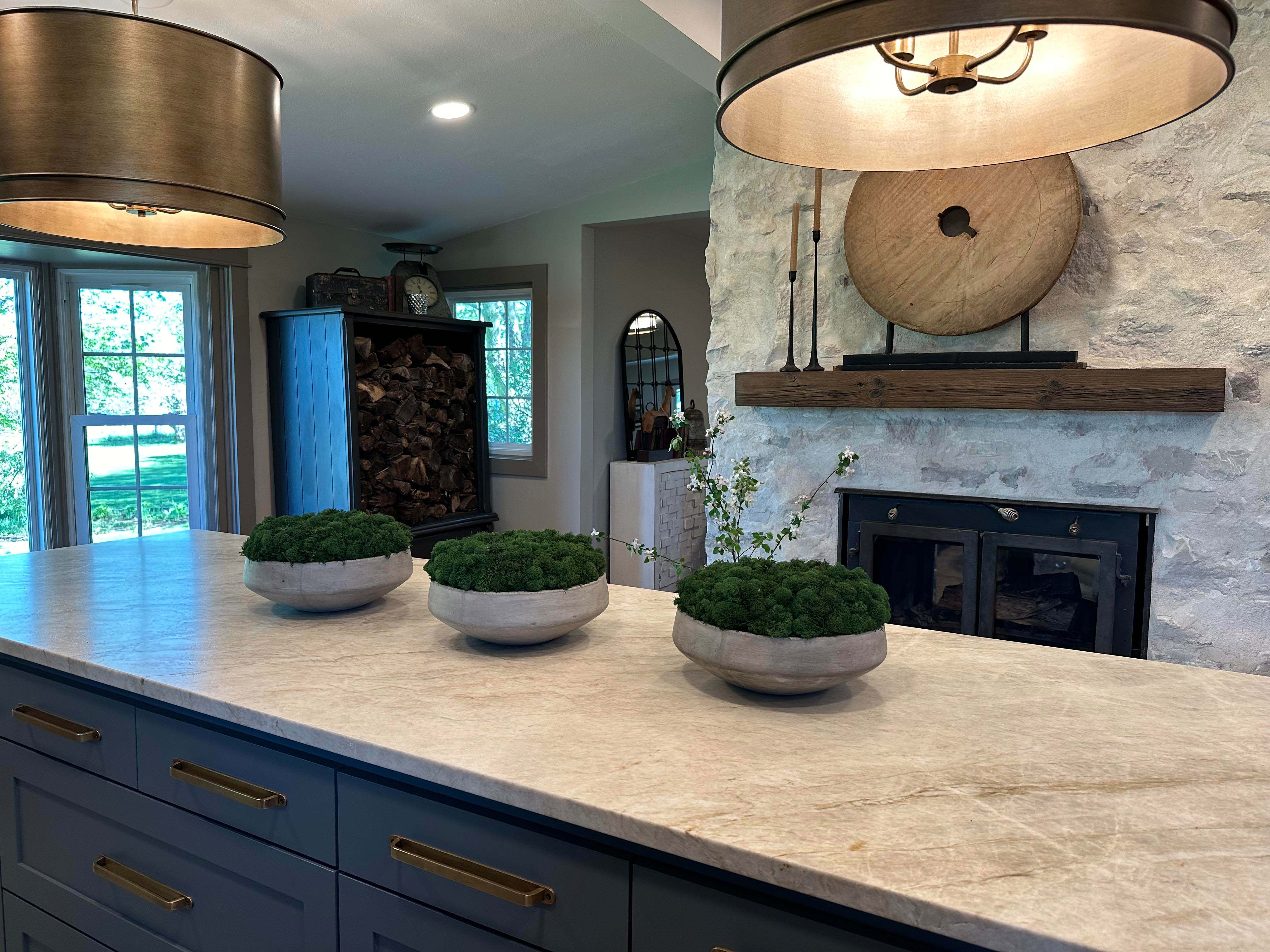
Prioritizing Renovation Needs vs. Wants
It’s tempting to splurge on luxurious extras, but staying within budget often means making tough decisions. Focus on your needs first, such as structural repairs or functional upgrades, before allocating funds to your wants like high-end finishes or custom features.
Finding Cost-Effective Solutions
There are plenty of ways to achieve a stunning renovation without blowing your budget. Consider these cost-effective strategies:
-
Mix high and low-end materials. Splurge on a few standout pieces, like countertops, while saving on more affordable cabinetry or fixtures.
-
Refurbish instead of replace. Sometimes refinishing old floors or repainting cabinets can give you the look you want without the cost of all-new materials.
-
DIY where it makes sense. If you’re handy, taking on small tasks like painting or installing hardware can save on labor costs.
How to Handle Unexpected Expenses
No matter how well you plan, surprises are bound to pop up during a renovation. Make sure to have a contingency fund built into your budget, usually 10-20% of your total renovation cost, to cover these unexpected expenses without derailing the entire project.
Managing Your Home Renovation Budget
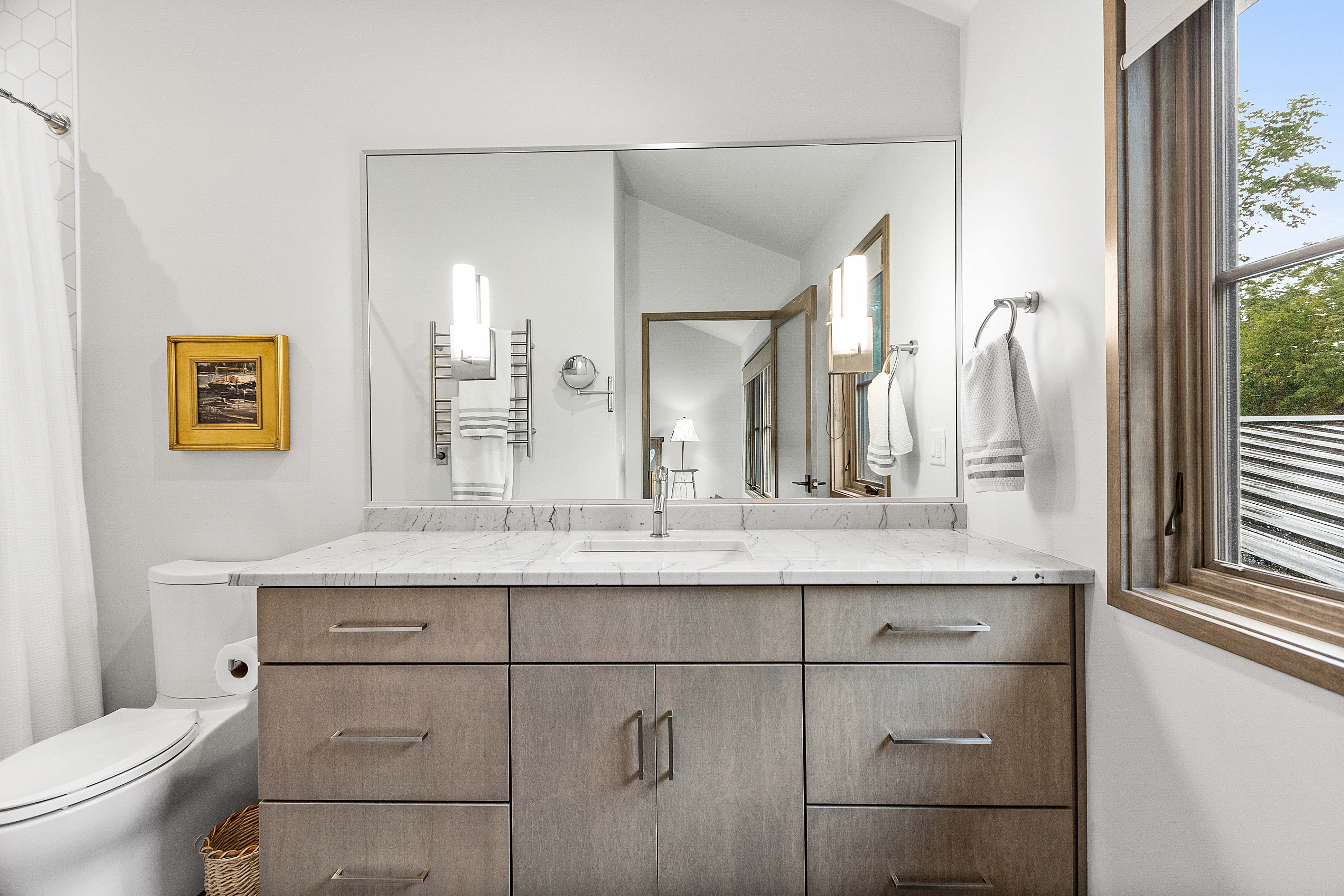
Once your renovation is underway, it’s essential to keep a close eye on your budget to avoid overspending.
Keeping Track of Expenses
Track every dollar spent during the renovation, whether it’s on materials, labor, or permits. Using a spreadsheet or budgeting software will help you see where your money is going and make adjustments if necessary.
Adjusting Your Budget as Needed
As your renovation progresses, you may need to shift funds between phases or cut back on certain areas to accommodate unexpected costs. Regularly review your budget and be flexible enough to make changes when necessary.
Working with Contractors to Stay on Budget
Clear communication with your contractor is key to staying within your budget. Set expectations upfront, ask for regular updates on spending, and make sure any changes to the project are discussed in terms of cost implications before proceeding.
Planning a home renovation is a big financial commitment, but with the right approach, it doesn’t have to be overwhelming. At DeLeers Construction, we’ve helped countless homeowners turn their renovation dreams into reality while staying on budget. Reach out to us today to learn how we can help you plan and manage your next renovation project.
Message or call our experts at 920-347-5830 with any questions on hiring professionals for your home renovation or rebuilding!



